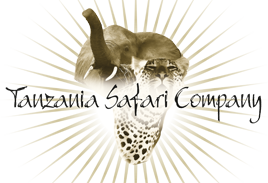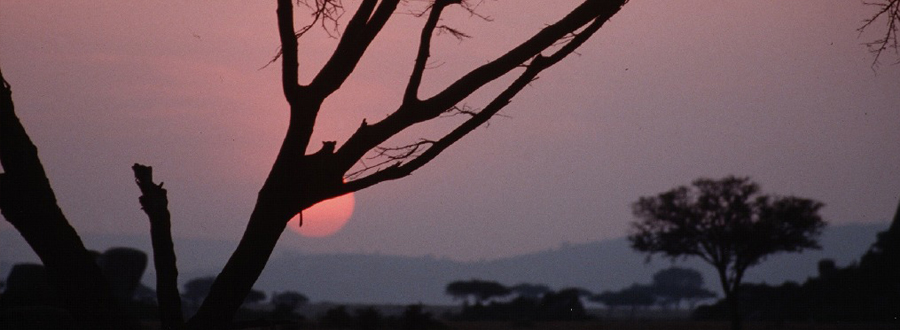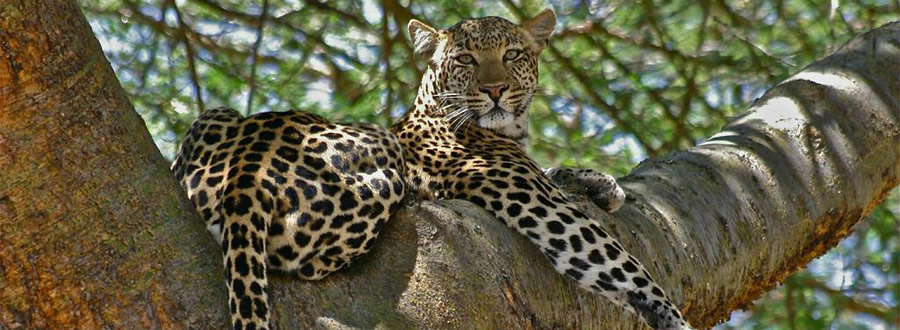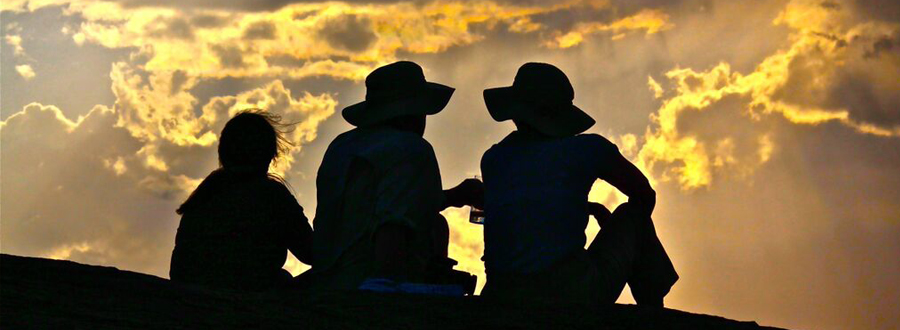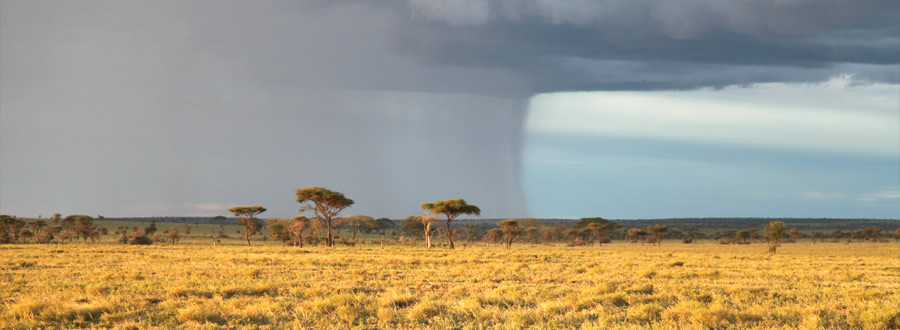Call From the Wild
Francesco is an avid writer and documents his adventures on safari in chapters of the Call From the Wild.
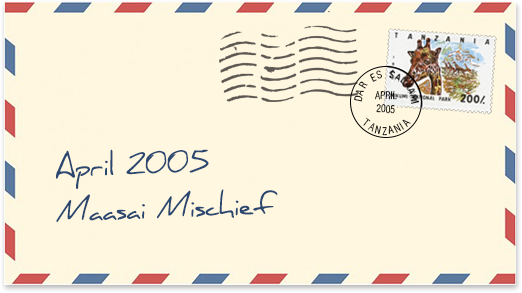

Sitting in the departure lounge awaiting another intercontinental transport on a routine that has been ongoing for the last fifteen years, I find myself bombarded by mosquitoes. They are relentless in their onslaught, one coming in from two o’clock high while another three come across the deck at my ankles in a last ditch effort to notch another victim. This does not detract from the sudden attention my phone blares for as it crosses the table in vibrate mode. Mosquitoes dive for cover in a lightening maneuver as I counter attack while reaching for the phone.
It’s Kashero, Raphaeli’s right hand man. “Just calling to see how you are doing, father” he says. Once again it never ceases to amaze me how the past lingers while the future passes by in this wilderness. It’s still hard to fathom. Maasai making cell phone calls from a place where Australopithecus afarenses, our hairy ancestor, was leopard prey some four million years ago.
Kashero is on a high. And yet, only a few weeks ago life seemed to be falling apart. He is young, had made a mistake and was caught. In his mind's eye, only two options were left:
One was to run like hell with a posse of warriors selected by the elders on his trail. He would have had to make a bee line for the Great Rift, cut down the escarpment to Lake Natron, traverse the massive salt pans (where three million flamingo lay their eggs) in the cool of the night and cross the border into Kenya. Run, run, run always looking over his shoulder for the rest of his life if they did not catch him, that is.
The other was to face the jury on judgment day and take the imminent beating with the knowledge that he may not survive, at least not in the physical and/or mental state he is now in. In his words, “I can’t stop the fear of the beating from creeping in. I find my heart racing and I find my legs wanting to run into the darkness of the unknown.”
It was not long after I’d pulled into the village on one of this season’s safaris that this all crept to the surface of my plate.
“Supa.” (Greetings) I say leaning out of the Land Cruiser’s window as we coast into the village trying not to overwhelm the place with dust. Raphaeli and Agnes are there as always. Kashero is in their shadow looking gaunt and glum and it’s not long before the broiling within him rises and I’m lead aside into the shade of an Acacia.
Kashero has been caught with his heartthrob in a hut of her father’s village. This is why the coals burn below his feet and he is tumbling to a fate that he had never imagined would be
of his own making. Out here one’s path in life is supposed to be as the Gods wish and dictate; it is not for man to decide, usually.
He’d been told that he had two weeks to pay a fine of four cows to the father of the girl so as to bring back honor to the family. Otherwise, he bites onto some hide and suffers a vicious lashing with Acacia kirikii thorn whips and broken bones from Rungus (Red wood clubs). Few have survived such punishment and those who have, never looked or felt the same.
Raphaeli has given him one cow and he is three short with no hope of making the mark. And, guess who’s just arrived in town. I won’t give three cows but suggest there must be another way to solve the problem without having to go through all the drama.
I suggest that since the elders will get together again he should preempt judgment day by calling an early meeting to renegotiate, to do the right thing by the girl and clear his own name. I tell him that I think it is critical to face the elders head on but soften them a little first by sending lots of beer and moonshine (gongo) to them at the start of the meeting. “I’ll buy the booze,” I add. Kashero and Raphaeli look at each other somewhat bewildered and then smiles break out from ear to ear.
The penalty was reduced to one cow which was paid and now Kashero is dressed in his finest and respected as a warrior who has regained honor. He is now allowed to date his girlfriend in an approved manner.
So! From here on in I am now “Baba” (father). I’m not sure this is necessarily a good thing but it is the way it will be.
A thought came to mind though. Maybe you can be thankful that things have changed in America because you can just imagine how many cows would be moving around New York City on a daily basis if this was the way of that jungle?


